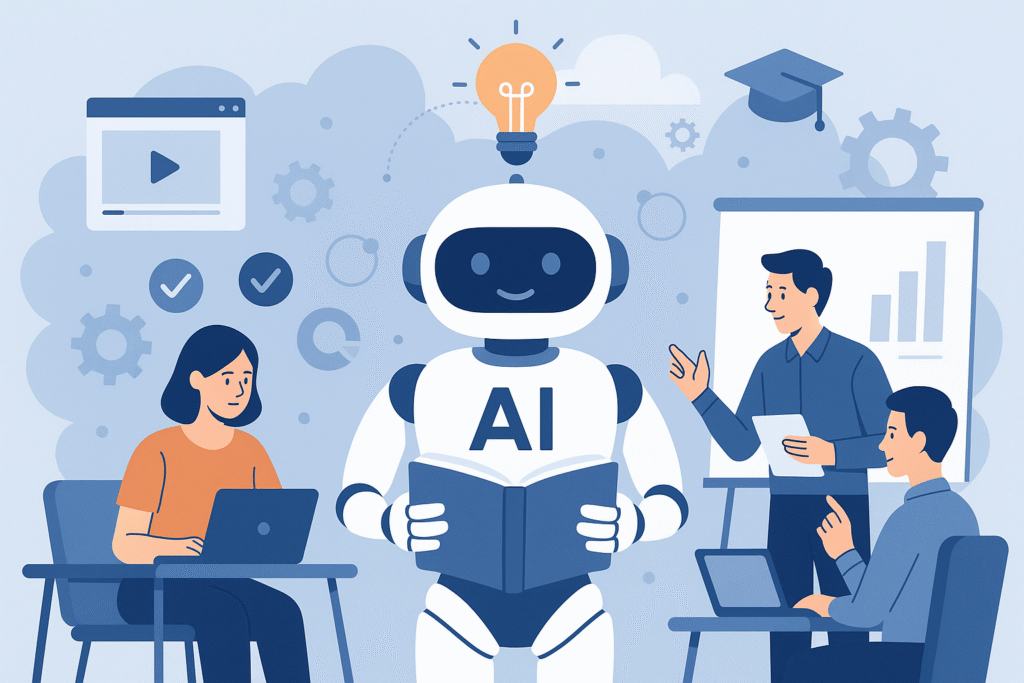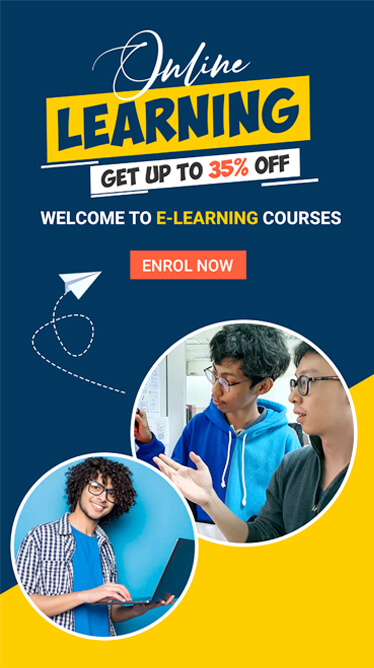How AI Is Transforming Learning in 2025
Artificial intelligence (AI) is fundamentally reshaping how organizations approach workforce development. With constant ...

Artificial intelligence (AI) is fundamentally reshaping how organizations approach workforce development. With constant shifts in global markets and technology, the need for adaptable, personalized, and scalable learning solutions has never been more critical.
AI is enabling institutions and organizations to deliver flexible, on-demand education that aligns with evolving job requirements and individual growth paths. Rather than focusing on return on investment alone, AI-driven learning is being recognized for its broader benefits—engagement, efficiency, and long-term capability building.
Hyper-Personalized Learning Experiences
One of AI's most transformative impacts is the shift from one-size-fits-all content to tailored learning journeys. Modern AI tools can evaluate individual knowledge gaps, preferences, and goals to create dynamically personalized programs. As progress is tracked, content adapts in real-time, offering recommendations that enhance effectiveness and relevance.
For instance, in the public sector, a government agency used AI to personalize health education for its workforce. Training modules were adapted in real-time, focusing on relevant challenges like crisis response or community well-being. This approach reduced training hours while improving content alignment with practical roles.
The Emergence of AI-Powered Assistants
AI-powered assistants are becoming an integral part of the digital learning experience. These tools offer instant guidance, answer user queries, and assist in navigating complex materials—effectively augmenting traditional support systems. As expectations around flexibility and access continue to grow, these assistants streamline the process while maintaining human-like interaction.
One example comes from a national agency that integrated AI into its employee development platform. The system continuously analyzed skills, recommended emerging tech courses, and adjusted learning based on performance. The result was an agile, forward-looking workforce ready to tackle digital challenges.
Scaling Content Creation and Reach
AI also enables organizations to scale content creation without compromising quality. Automated tools can generate or modify educational content based on learner feedback, performance metrics, or updated knowledge requirements. This means institutions can deliver training across larger groups while preserving relevance and engagement.
In one notable example, a public safety department adopted AI-powered simulations to refine decision-making and emergency response skills. Officers practiced in virtual environments where AI adjusted scenarios in real time. Feedback loops accelerated learning and contributed to more effective real-world performance.
Data-Driven Optimization Through Learning Analytics
Combining generative AI with real-time analytics gives organizations the ability to constantly refine their development programs. From performance tracking to predictive modeling, AI enables deeper insights into what works, what doesn’t, and where future investments should go.
Consider a regional government that used AI to identify emerging leaders. Based on historical data and behavioral patterns, the system developed custom programs to build competencies in strategy, communication, and leadership. The model also predicted future institutional challenges to ensure proactive preparation.
Looking Ahead
By 2025, AI is no longer an emerging tool—it’s a foundational force in modern learning. Whether used to personalize experiences, power virtual assistants, simulate real-life scenarios, or extract actionable insights, its influence is undeniable.
Organizations that embrace AI's full potential will not only streamline development but will also position themselves to thrive in a competitive and fast-moving world. With adaptable solutions tailored to each learner and predictive models anticipating future needs, the future of learning is not just digital—it’s intelligent.



